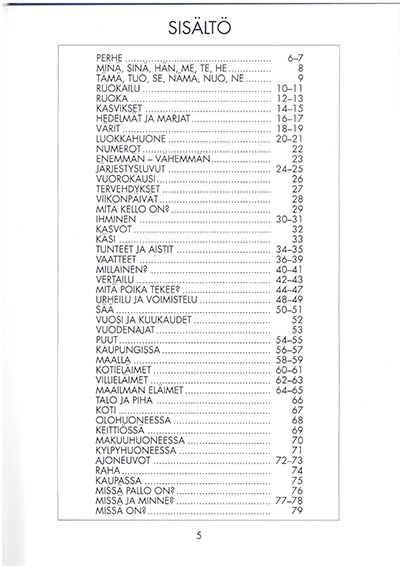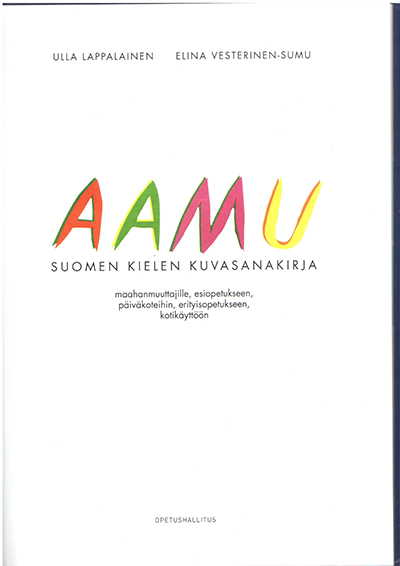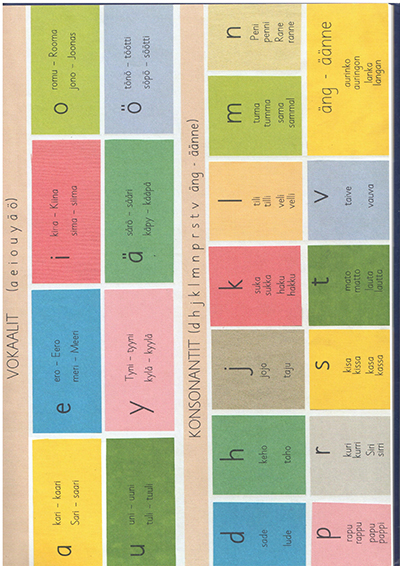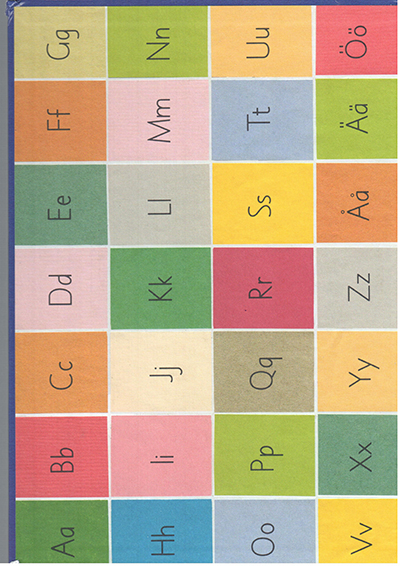| Sorted by date | |||
page067from Building Ideas“paradigm” and the freedom that resulted from this has expanded the boundaries of human knowledge. Martin Heidegger, in a similar vein, also challenged the assumptions of philosophy and attempted what he called a “critical un-building” of its traditions. It was this notion that was picked up by the French philosopher Jacques Derrida when he coined the term “deconstruction” to described his own approach to the problem.
In Derrida’s work one could say that philosophy is being done, if not “with a hammer” – as Nietzsche recommended – then at least with a crow-bar, for the purpose of opening up and revealing. Much of his writing deals specifically with the work of previous philosophers, as he attempts to expose their initial assumptions and to question their conclusions. He often does this through a process of re-enacting their own thinking and thereby revealing the fragile logic of many common philosophical principles. His goal is not a nihilistic one of simply attacking and destroying, although he has often been lambasted for seeming to disparage the achievements of philosophy. As he says in an interview, on the general outlook of his thinking: Tod ‘ deconstruct’ philosophy, thus, would be to think – in the most faithful, interior way – the structured genealogy of philosophy’s concepts, but at the same time to determine – from a certain exterior that is unqualifiable or unnameable by philosophy – what this history has been able to dissimulate or forbid, making itself into a history by means of this somewhere motivated repression. 15 The help escape from this repression Derrida writes in a complex manner, using an often dense and poetic language, which suggests the “exterior” realm he referred to above. In this approach he again follows Heidegger, in his similar use of poetic language, and it is this crossing over of literary genres that has allowed him to step outside the conventions of his field. It is this style of presenting his thoughts that has attracted criticism from “analytical” philosophers, those who still 15 Jacque Derrid, Positions, translated by Alan Bass, University of Chicago Press, Chicago, 1981, p 6.
|
|||
|
|||
|
|
 ... ...
... ... ... ...
... ... ... ...
... ... ... ...
... ... ... ...
... ... ... ...
... ... ... ...
... ... ... ...
... ... ... ...
... ... ... ...
... ... ... ...
... ... ... ...
... ... ... ...
... ... ... ...
... ... ... ...
... ...